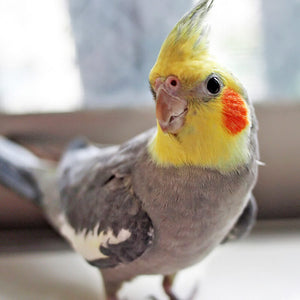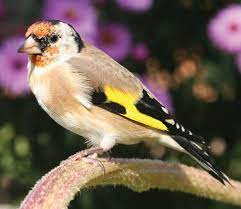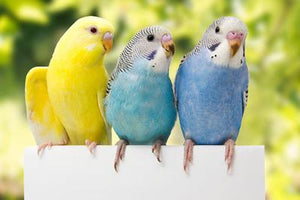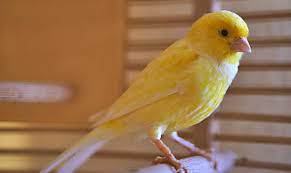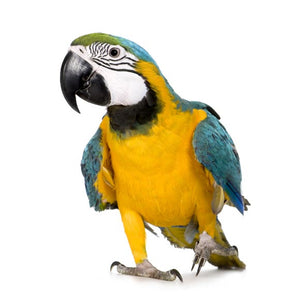Getting a Cockatiel
A pet bird can be a friendly and rewarding pet to keep, as well as a great companion. Pet birds are quite easy to care for but taming them requires time and patience.
Once you have decided to buy a pet bird, you will need to choose what species of bird to keep. Some are more suited to your home than others.
Housing your pet bird
It is very important that you house your bird in as large a cage as possible and that it is suitable for the type of bird that you have chosen. We have a range of birdcages available in our shop and we are able to offer expert advice on the right type of cage.
Exercise
Once your pet bird is tame, you can allow them supervised exercise time out of their cage, which is very important in maintaining a healthy, happy bird. Ensure all doors and windows are closed and all hazards are out of the way.
Important considerations
- Be prepared for mess when a bird flies around in its cage - seed husks can be dispersed all over your floor.
- Some birds can be very noisy, particularly lovebirds, cockatiels and parrots.
- Birds should never be kept in kitchens. Teflon coated pans and self cleaning ovens can emit fumes that are extremely toxic to birds.

A cockatiel is larger than a budgie which means it requires a much bigger cage – ideally the biggest your budget allows.
A cockatiel’s whistle can be very shrill, so are not an ideal bird for everyone.
Diet
Basic seed, cuttlefish millet, bird grit, small amounts of fruit and vegetables
Talk Ability
Possible, but no guarantee
Life expectancy
15 yrs +

